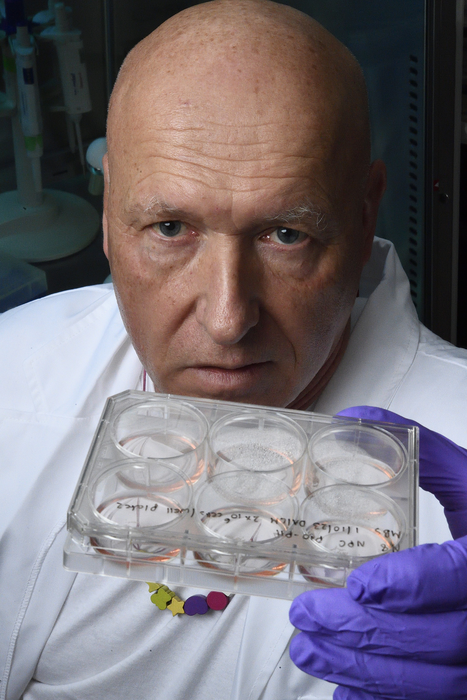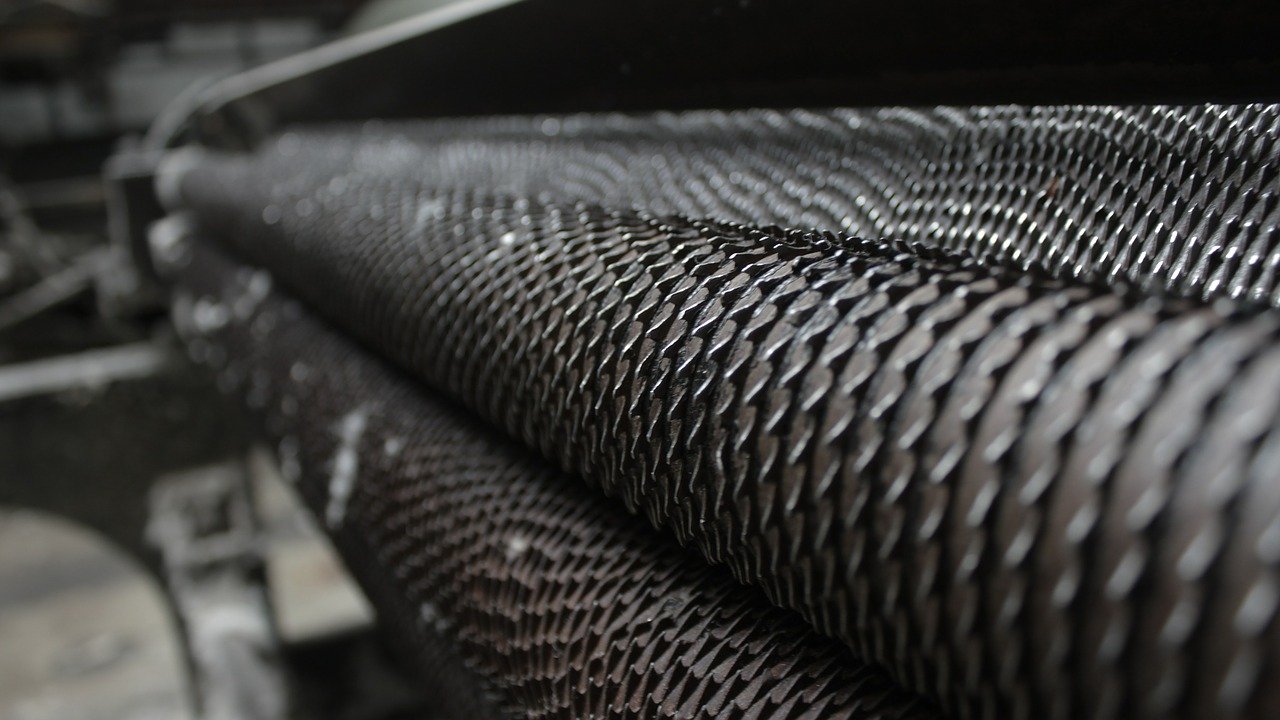Although we get impressed with the speed computers process calculations involving numbers, our brains are much smarter. It is assumed that the human brain operates at 1 exaFLOP, equivalent to a billion billion calculations per second.
“The brain is still unmatched by modern computers,” said Thomas Hartung, a professor at the Johns Hopkins Bloomberg School of Public Health and Whiting School of Engineering who is spearheading the work.
“Frontier, the latest supercomputer in Kentucky, is a $600 million, 6,800-square-feet installation. Only in June of last year, it exceeded for the first time the computational capacity of a single human brain — but using a million times more energy.”
Futuristic “biocomputers” with “Organoid intelligence,” powered by human brain cells are going to revolutionize digital technology
Researchers from Johns Hopkins University say the half-human-half-machine devices are soon becoming a reality. These devices have potential uses in basic research, drug development, and computer science.
Hartung added, “Computing and artificial intelligence have been driving the technology revolution but they are reaching a ceiling,”
“Biocomputing is an enormous effort of compacting computational power and increasing its efficiency to push past our current technological limits.”
In this study, researchers are working with tiny brain organoids, lab-grown tissue that resembles fully-grown organs

Thomas Hartung with brain organoids in his lab (Image by Will Kirk/Johns Hopkins University)
But this is not a new concept. Scientists have been growing and experimenting with organoids (three-dimensional clumps of biological tissue) for almost two decades. Scientists have performed many experiments on kidneys, lungs, and other organs without resorting to human or animal testing.
“Computers that run on this “biological hardware” could in the next decade begin to alleviate energy-consumption demands of supercomputing that are becoming increasingly unsustainable,” Hartung said.







